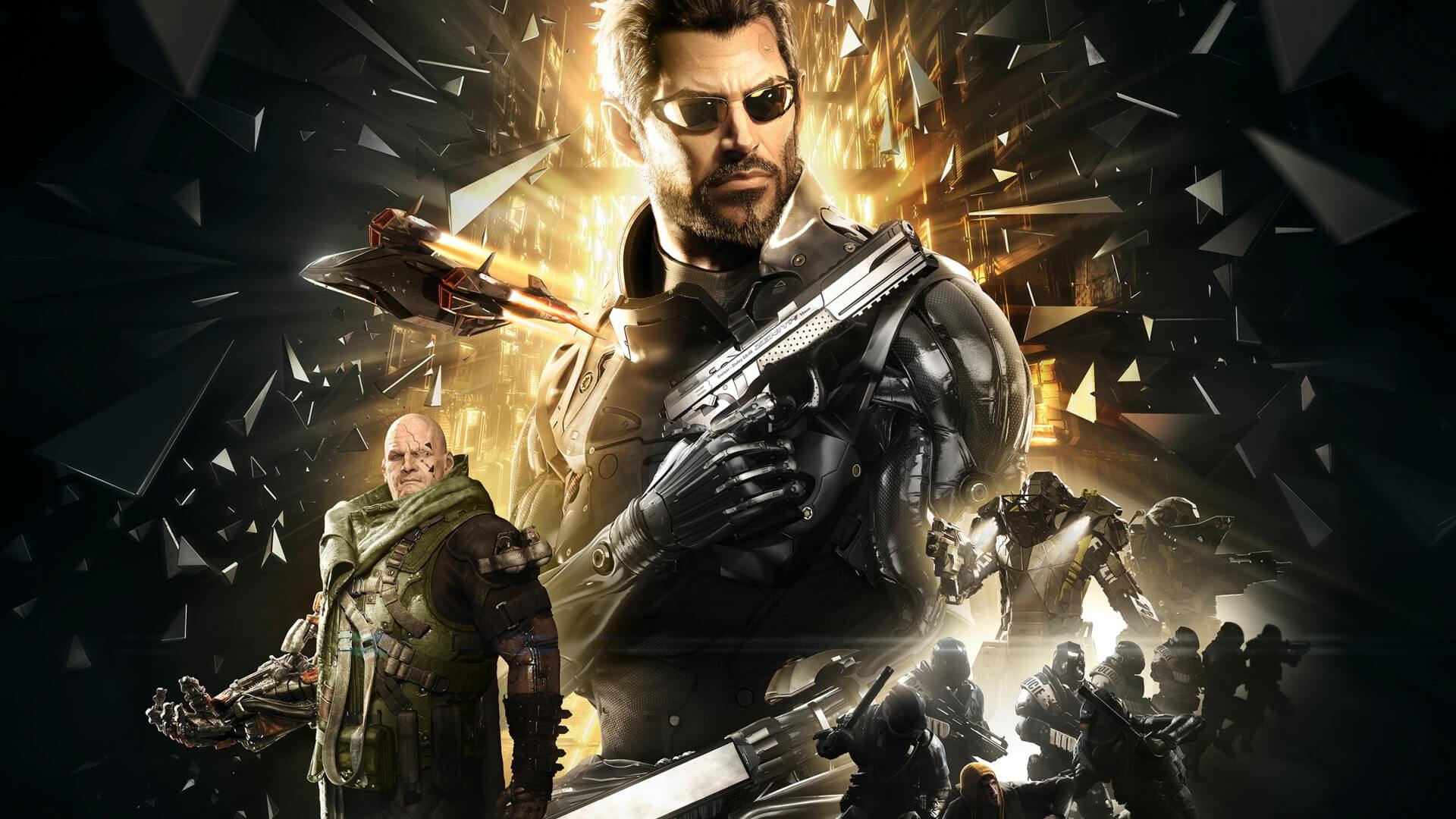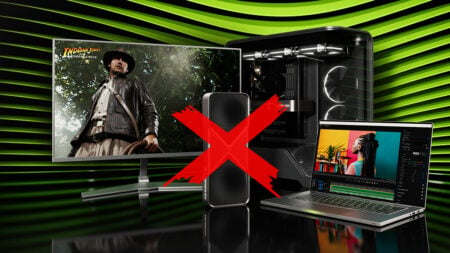Skip To...
Deus Ex: Mankind Divided has now been released, and has been generally well-received by reviewers and community alike. That is, with the exception of one little detail: The decision to include microtransactions in a singleplayer game.
The gaming community is in the middle of yet another uproar, following swiftly on the heels of the drama that was No Man’s Sky. People are angry – very angry, and unless you’ve been keeping up to date, you might be wondering why. Here’s a rundown on what microtransactions are, how they are applied in Mankind Divided and why people are so upset at their inclusion.
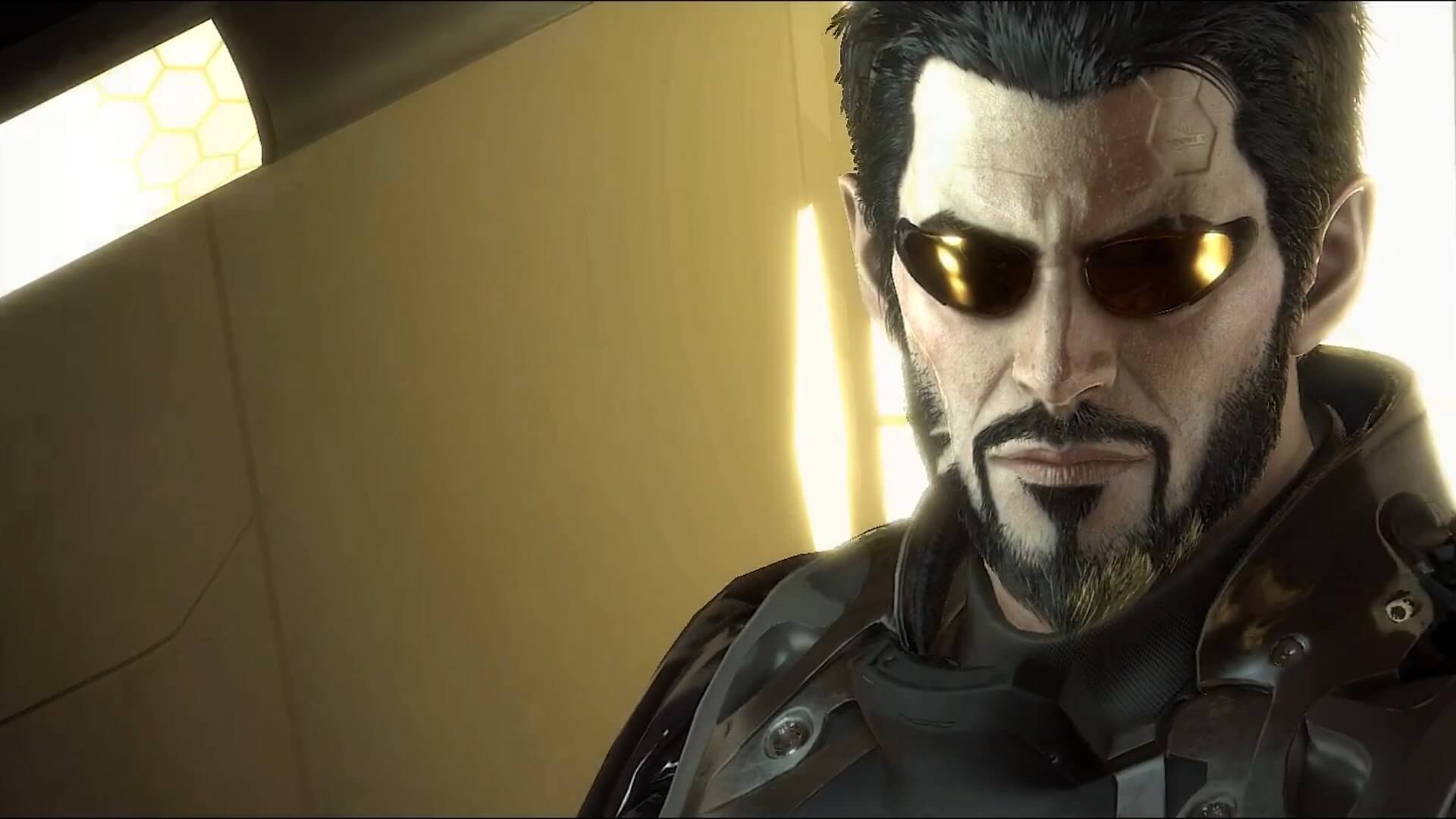
Microtransactions in a Nutshell
Microtransactions are a familiar sight for those who enjoy free-to-play or mobile games. Like the name implies, they tend to be small purchases that give you a skin or some ammo or speed up a particular process, and so on. A popular example might be Counterstrike or Team Fortress 2, where you can buy keys to unlock crates, which might then give you a particular weapon skin. There are a few instances of some paid games having microtransactions, such as Elder Scrolls Online, but generally they are part and parcel of the free-to-play landscape alone.
They serve an important purpose: The companies involved in free-to-play games need to make their money back in some shape or form. Games can be incredibly expensive to make and keep updated, and if you aren’t charging for the core gameplay then developers and publishers need to make their money elsewhere.
It isn’t just a benefit for the game companies either; microtransactions are integral to the free-to-play model, which allows for enormous communities for games to spring up overnight. Planetside 2 is a good example of this. Were it to be a paid game, it would unlikely have the enormous number of players that it requires to have massive 200 vs 200 player firefights across a huge map.
However, that being said, there is generally a need for good balance. Sometimes you can end up with what is known as pay2win, where you can purchase items that are objectively better than the free alternatives. By spending money, you give yourself an advantage over other players – perhaps even those who are also paid players, but simply paying less. The ramifications of this in terms of gameplay and player interaction and competition is obvious.
You will notice that one particular theme, regardless of microtransaction model, is that they tend to only exist in multiplayer. After all, buying a skin or weapon or ability is particularly important in multiplayer games; if you’re going to have bragging rights, you need to have someone to brag to.
The Deus Ex version
But this is not longer the case. Deus Ex: Mankind Divided is not the first AAA game to have microtransactions, but it is one of the very few to include them despite being solely a singleplayer game.
Through an in-game shop, players can purchase Praxis Kits (ability upgrades) as well as various consumables – and some people are not particularly happy about it.
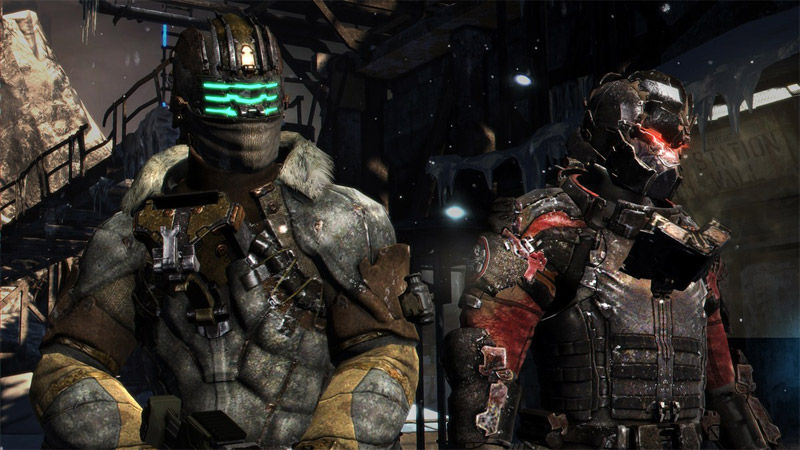
The Outcry
From what I can see, there are three main reasons why people aren’t pleased about their inclusion, particularly in Deus Ex: Mankind Divided. Let’s break them down.
1) Obtrusiveness
Some people don’t like microtransactions for one very simple reason: They are annoying, particularly when you have already paid the full price of the game in question. It can sometimes feel like the developers are trying to squeeze money out of you however they can, and that is very unpleasant when you have already paid a significant portion of your paycheck on the base game.
In the case of Mankind Divided, it seems like this is more a disagreement on principle than the reality of the game in question. The microtransaction store is tucked away, and some players have even reported they didn’t even know about them until this whole ruckus was kicked up.
On a broader scope, you might say that this sets a bad precedent for the future: Those people who don’t like microtransactions feel like them appearing in this game at all is too much. If Mankind Divided did it, no matter how subtly, what kind of example does that set for other publishers of singleplayer games who might not be quite so quiet about it?
2) Charging for Cheats
Second on the list of pain points is that many players feel this is simply charging for something that has been a part of the gaming landscape for time immemorial: Cheats. Singleplayer games have nearly always given you some kind of way of adjusting the game to your liking through cheats.
The Sims, for example, is a particularly good example; how many players out there spammed motherlode until they could afford the digital house of their dreams? Now imagine if it cost you real life money every time you did it. You might even say that this is detrimental to the game, as it is limiting how you are able to play it. Once you’ve bought it, shouldn’t it be your product to play how you want?
This could end up going down a very deep rabbit hole of what constitutes digital ownership, so we’ll try to keep on track. If a microtransaction allows you to buy content that you would otherwise not have had, that is one thing, but to charge you for something that has come as part of games for decades for free is a step too far for some players.
3) Gameplay Imbalance
Lastly, and probably the most significant, is the question of gameplay balance. Microtransactions have the capability of utterly destroying the pacing and challenge of a game; when you can simply buy your way to victory, you eliminate the need for skill and experience to earn that win. You could even say that giving gamers a challenge and the ability to overcome it with some effort is the core tenet of good gameplay, but microtransactions can make it effortless. That just reduces some games to throwing money at it until you win – what’s the point?
You might think that this would only affect people who purchase these microtransactions; if they want to remove the work part, then that is their choice as consumers. However, the argument that is made from those opposed to microtransactions in Mankind Divided is that they don’t just affect the people who buy them: they affect the game as a whole.
Why earn XP when you can buy it? Deus Ex goes ape on microtransactions https://t.co/6NUd7xgQCG by @samred
— Ars Technica (@arstechnica) August 24, 2016
Put it this way: If you had a game where players could buy additional gear for real life money, and you wanted to encourage its use as much as possible, what would be the easiest way to do that? How could you convince people who wouldn’t touch a microtransaction? Make the game harder, of course. In Mankind Divided‘s case, this might be making ammo a little more scarce than it should be, or spacing out upgrades a little too much. You wouldn’t make it too obvious, of course, but just enough so that people on the fence might be tempted to fall over onto your side.
Thankfully, this doesn’t actually seem to be the case for Mankind Divided at least. Community Manager ‘Poticha’ has even come out on Reddit outright saying that they would never imbalance the game to push people towards microtransactions, and the reviews for the game so far seem to agree with that. However, the argument is once again that it sets a poor precedent: Mankind Divided might be well-balanced without microtransactions, but who’s to say future games will be?
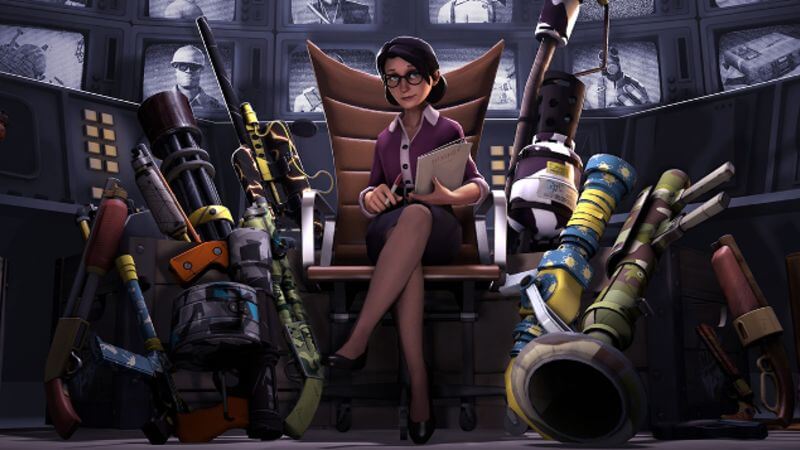
Why are they in the game?
Considering the outcry that this decision has caused, with some players outright saying that they would boycott Eidos Montreal or Square Enix (depending on who they blame), you might wonder why microtransactions have been included in the first place – particularly considering the majority of players, for one reason or another, won’t purchase them. One popular theory is that, like most things in business, it’s a matter of money, but not in the way you might think.
The fact is that the price of a new AAA game hasn’t really increased for the past few decades. Colin Moriarty from IGN makes the argument that, in fact, games now are cheaper than they have ever been – all because of the powers of inflation. He uses the example of a NES game in 1990 costing about $50 – close to $90 in today’s money, well beyond the typical price tag of $60. As a result, games are cheap to buy, but not necessarily cheap to make. As a result, microtransactions are infiltrating deeper and deeper into gaming to try and make up for that loss, including now into a singleplayer game.
It might be unpleasant, but without a method to generate income elsewhere, we could all be paying $100 a pop instead. Which would you prefer?
However, that idea doesn’t quite cover the difference in audience numbers. Gaming in 1990 was hardly the global behemoth it is today, with everybody from mums and dads to young children to retirees enjoy some form of digital entertainment. More people are buying games than ever. With a large enough consumer base, even a low profit per unit eventually results in success. Are the costs not being balanced out by the larger audience? There is no easy answer (at least not within the scope of this article), but it is something to keep in mind.
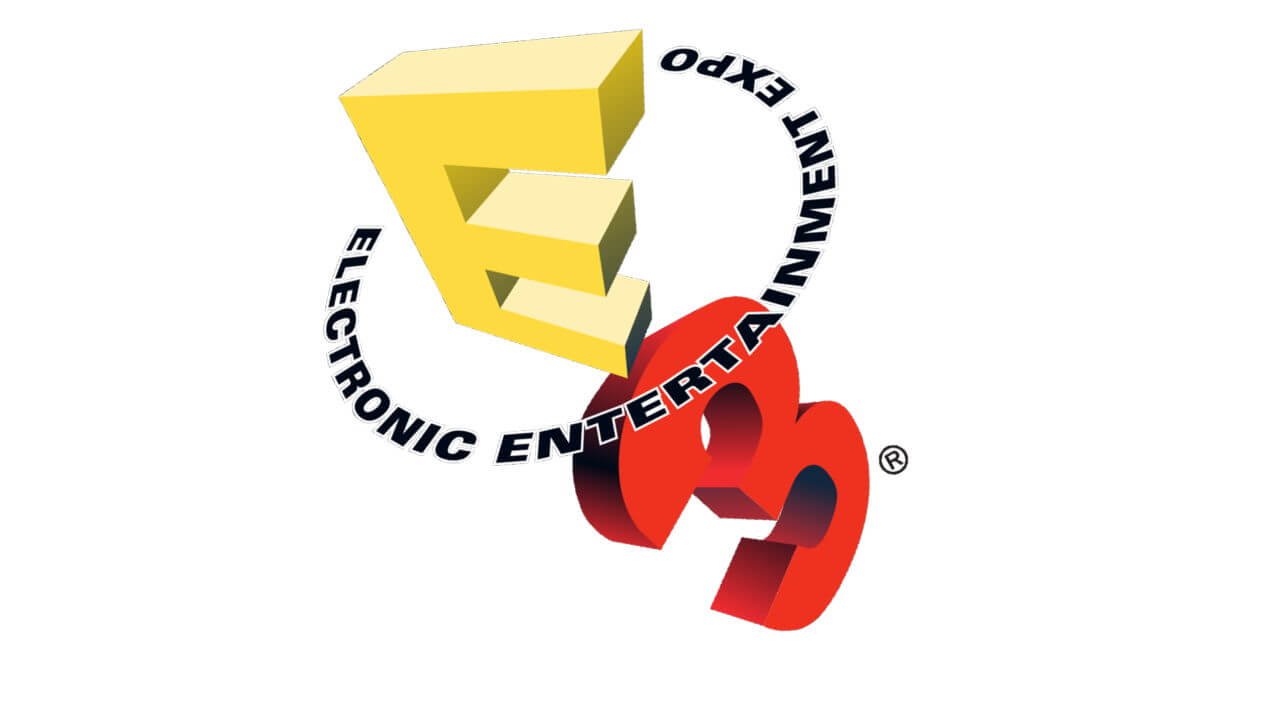
Final Thoughts
The use of microtransactions certainly has its place in some titles: Many games and experiences wouldn’t be possible without them. However, they are starting to slip more and more into games where they aren’t used as part of the primary model of the game but are perhaps used instead to make sure the game can recoup its costs. You might even say that their inclusion is a safety net for developers, though it does seem a little odd to rely on the small number of players who would actually purchase microtransactions in a game like Mankind Divided.
The overall situation makes it seem like the community feels that it has been let down. People were clearly not expecting to have microtransactions included as part of the experience – quite rightly, as it was not included in review copies of the game – and as a result there is a certain sense of surprise, perhaps even betrayal for some. My personal take on this is that while Mankind Divided presents no tangible issue by itself due to the subtlety and lack of gameplay effect from the microtransactions, it could be the harbinger of a future where microtransactions are the norm in all games, not just free-to-play titles.
The people who microtransact may very well be subsidizing the cost of games for the rest of us. Alternatively, games companies could simply be trying to improve their profit margins. In either case, the inclusion of microtransactions in such a major singleplayer title could be an indicator that they are not only here to stay, but could well become part and parcel of everyday gaming. Whether that is good, bad, or just is, remains to be seen.

